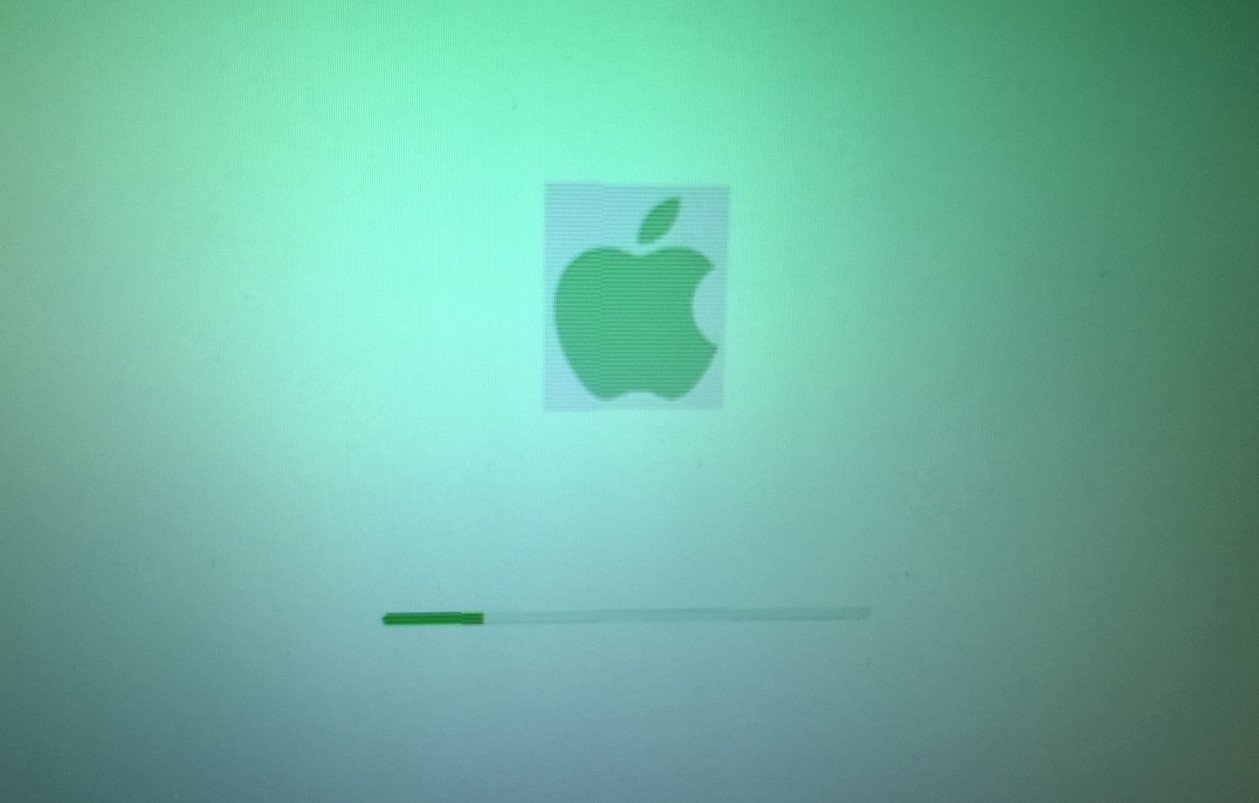News
Linux Servers Wiped Clean in Stealth Golang Supply Chain Attack
A devastating malware campaign has quietly targeted Linux servers, wiping entire systems with surgical precision. Disguised as harmless Go modules on GitHub, the malicious code didn’t just steal data—it obliterated it.
The attack came to light last month after researchers from Socket, a supply-chain security firm, discovered three obscure but deadly Golang packages. What looked like routine developer tools actually hid a destructive payload that, once executed, rendered systems completely unbootable.
From Innocent Code to Irreversible Damage
The malicious modules had one goal: total destruction.
Socket’s analysis found that once the modules were installed and the hidden script triggered, there was no coming back. The script, done.sh, launched a ‘dd’ command—a notorious Unix tool—to overwrite every single byte on the primary disk with zeroes. One command. Everything gone.
Even more chilling, the malware first confirmed it was running on a Linux system before doing any harm. The check was simple—runtime.GOOS == "linux"—but effective. No Linux? No payload. But if the target was right, it went straight for the jugular.
The Three Modules Behind the Attack
At the heart of the incident were three open-source Go modules, now removed from GitHub:
github[.]com/truthfulpharm/prototransformgithub[.]com/blankloggia/go-mcpgithub[.]com/steelpoor/tlsproxy
Each one masqueraded as a legit utility, blending into the GitHub ecosystem unnoticed. Their functions sounded credible—data formatting, protocol implementation, TLS proxying. Who would suspect sabotage?
Turns out, these modules weren’t tools at all. They were traps.
The modules contained layers of obfuscated code. Deep inside, commands were quietly decoded, triggering a download of the actual attack script via wget. Within seconds, the Bash script ran, erasing everything.
No warning. No prompt. Just silence—then darkness.
There Was No Time to React
Socket’s team said it best: “Payloads are executed immediately after download, leaving virtually no time for response or recovery.”
And they weren’t exaggerating.
Unlike ransomware, which gives you the grim courtesy of a ransom note, this campaign offered nothing. It didn’t want money. It wanted annihilation. Even brief exposure was enough.
Let that sink in.
Here’s what the script attacked:
| Targeted Element | Description |
|---|---|
/dev/sda | The default primary storage volume in most Linux systems |
| File System | Completely overwritten—no structure left to recover |
| OS and Boot Files | Deleted, system becomes unbootable |
| User Data | Gone. Irrecoverable |
| Databases | Destroyed, including configurations and backups |
GitHub’s Weak Spot: Name Impersonation
One of the trickiest aspects of this attack was how it used GitHub’s openness against itself.
In the Go ecosystem, module names aren’t strictly controlled. Two different developers can upload packages with eerily similar names. That’s exactly what happened here. The attackers impersonated legitimate projects.
And they waited.
Developers looking for a formatting library saw
prototransformSomeone needing a TLS proxy stumbled onto
tlsproxyGo protocol enthusiasts found
go-mcp
To a busy developer, these looked just fine. And that was enough.
Developers Are Left Exposed
For all the DevSecOps talk floating around, this incident is a brutal reminder: open source is vulnerable.
The Go ecosystem, while powerful, lacks tight control. Unlike package managers like npm or PyPI that include some validation, Go relies more heavily on decentralized trust. It’s a system built on good faith.
Clearly, bad actors have noticed.
Here’s the part that really stings—there was no exotic zero-day involved. No sophisticated rootkit. The attackers didn’t have to breach a firewall or escalate privileges.
They just uploaded packages to GitHub.
One Line of Bash, Endless Damage
What the attackers used was basic stuff. Bash scripting. wet. dd.
No malware toolkit. No payload encryption. No C2 infrastructure. Just open-source tools turned against the very community that created them.
Developers often forget how dangerous the dd command can be. In the right hands, it’s a recovery tool. In the wrong ones, it’s a digital nuke.
And this time, it was the latter.
Security Community Scrambles for Safeguards
Since the attack, the security community has been in a flurry trying to respond.
GitHub has removed the malicious modules, but experts worry it won’t be the last time something like this happens. Socket has since pushed updates to flag obfuscation in dependencies and check for dangerous scripts embedded in packages.
Still, there’s a limit to what automation can catch.
In a recent post, Socket wrote: “The decentralized nature of Go’s module system means it’s up to the community to remain vigilant. There is no gatekeeper.”
That’s a heavy ask when even seasoned developers can be fooled.
Lessons Are Harsh, But Necessary
This attack didn’t just break systems—it shattered trust. Open source thrives on transparency and contribution. But when even tools meant for progress can be weaponized, it becomes harder to trust what’s safe.
What now?
More vetting. More skepticism. Less blind trust.
And maybe, just maybe, less dependence on random GitHub modules without checking under the hood.

 News12 months ago
News12 months agoTaiwanese Companies Targeted in Phishing Campaign Using Winos 4.0 Malware

 News12 months ago
News12 months agoApple Shuts Down ADP for UK iCloud Users Amid Government Backdoor Demands

 News11 months ago
News11 months agoJustin Baldoni Hits Back at Ryan Reynolds, Calling Him a “Co-Conspirator” in Blake Lively Legal Battle















